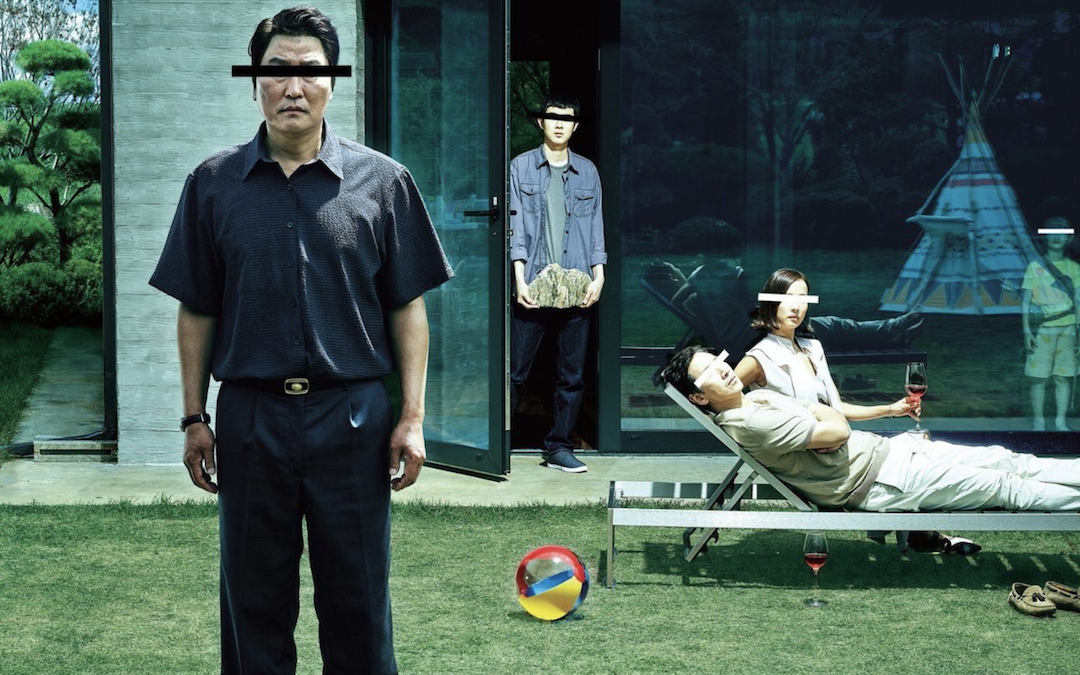
Since making waves at the Cannes film festival and unanimously winning the Palme d’Or prize (the first film to do so since 2013), South Korean director Bong Joon-ho’s Parasite has been getting hype worldwide as the best movie of the year. Artistically shot, with an all-too-relevant social message for today’s times, full of symbolism and messages delivered in morse code, it is easy to see why Parasite is topping film nerds’ Top 10 blogs. However, what really makes this film stand out is that it doesn’t allow these cerebral conceits to take away from the fun of the movie. Like many other movies in the recent trend of “social thrillers”—think Jordan Peele’s Get Out or Boots Riley’s Sorry to Bother You—Parasite defies genre categorization, jumping between witty comedy, family drama, and high-octane thriller in a matter of moments.

The film dropped at the same time as Scorsese fans and Marvel fans debate the role of film in contemporary society.* Throughout film history, people have argued about what movies should do for people: should they, as any other art medium, constantly strive to evolve and challenge the viewer? Or is it okay that Marvel puts out massive blockbusters that rake in millions, epics that people love to watch again and again, even though they all blend together and can feel like the same movie over and over again? Are movies a tool of enlightenment or escape? The obvious answer to this is “yes.” We can have both types of movies and let people enjoy what they want, how they want. In fact, I’m not sure how the either-or film argument has persisted for so long.
What is so special about Parasite is that it expertly fills viewers’ desires for enlightenment and escape: it is simultaneously a “smart” movie and a “fun” movie. The comedy and action, along with the heart-poundingly tense scenes scattered throughout the movie, are expertly blended with the symbolism, social message, and evocative dialogue, such that in one fell swoop the film invalidates the entire “smart vs. fun” debate. This is likely why Parasite is getting so much buzz and winning so many accolades: it feels like a real breakthrough. Along with the other “smart thriller” films mentioned above, it represents fresh new cinematic territory, and I hope we see a lot more of it in the coming years. JB
Our guest student blogger Joey Bassett joined the Media Services staff this year. This is his second contribution to the department blog.
*In reality, Martin Scorsese’s contribution to this debate is more nuanced than “fun” vs. “smart” and centers on the effects of corporate monopolization on the film industry. Read more about his thoughts here.
Leave a Reply